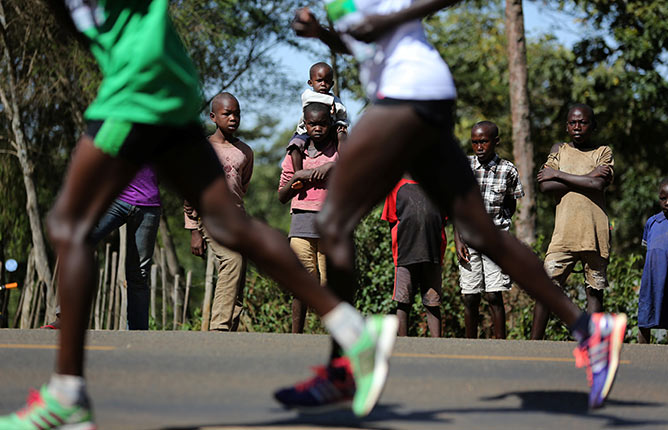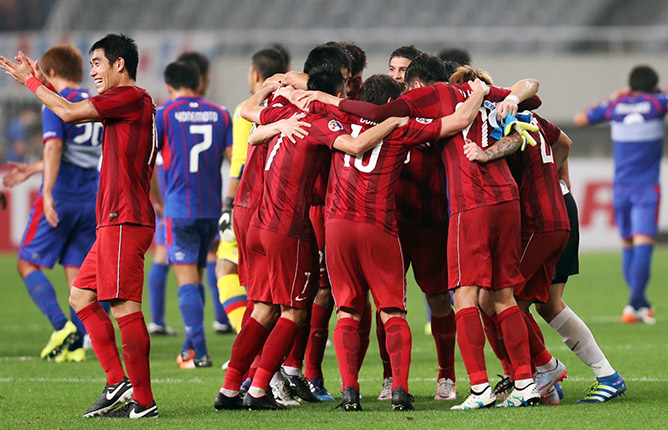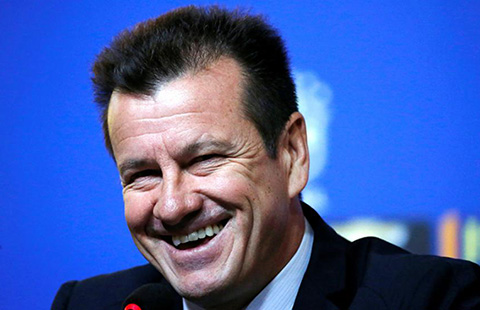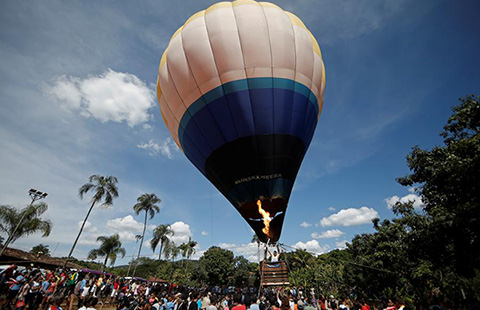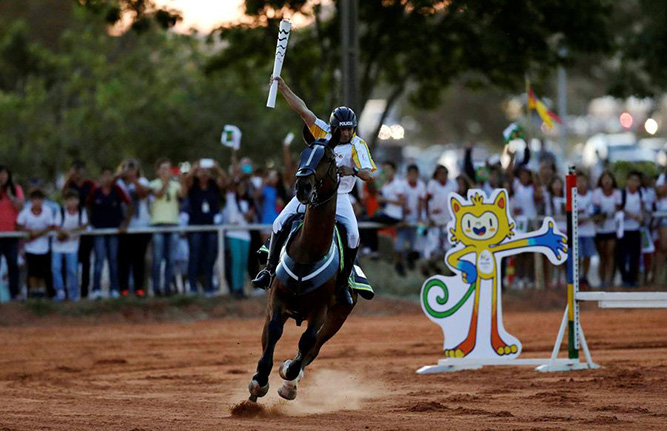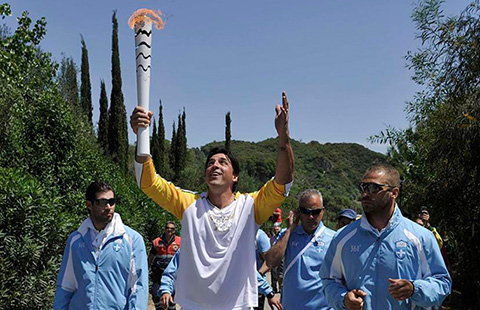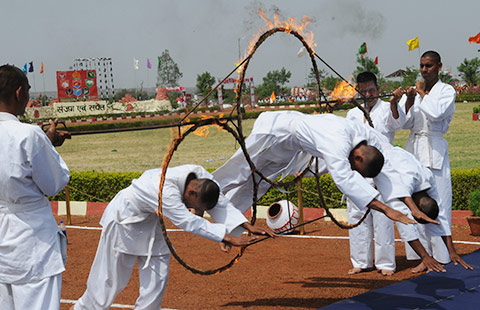

Membership schemes
Under the program, first division teams Sport and Nautico get 8,000 tickets for each home game paid for by the state government. The 20,000 tickets given to third division Santa Cruz have helped it to become one of the best-supported clubs in the country.
"It helps you guarantee a critical mass of people in the stadium," said Sport's president Gustavo Dubeux. "Without it our crowds would be 25 percent less than they are. It's very important to us."
Although season tickets are still little known in Brazil, most clubs now have membership schemes that offer priority booking and discounted tickets for home games. With more than 110,000 fans signed up, Internacional's scheme has more members than Real Madrid, and Corinthians have almost as many.
Other clubs have selectively reduced entry fees. Ticket prices have increased exponentially over the last decade, pricing out many fans.
The average ticket price in the first division this season was 24 reais ($12), according to Stochos. Top clubs such as Corinthians charge 180 reais ($90) for the best tickets. Ten years ago, fans could still go to a local derby at Maracana stadium for little more than a dollar.
The campaigns have had an effect, suggesting fans are put off by the high cost of entry. When Sao Paulo reduced tickets for one part of the stands from 60 to 20 reais, crowds in the sector went to around 7,000 from 300.
Another major factor is security and comfort. Although tens of millions of Brazilians have entered the middle class in the past decade, many of them still cannot afford upwards of 100 reais a week to take a family to the stadium.
They also are reluctant to attend matches in run-down arenas and occasional violence among rival fans, especially at big matches, is a big concern.
That has been a boon for the pay-per-view (PPV) sector. A monthly PPV package costs 60 reais and sales had increased 70 percent in two years, said Alessandro Maluf, product manager with NET, the cable firm that sells packages.
"Many people are scared to take their family to stadiums and they see pay-per-view as a safer way to see their team," Maluf said. "It is not pay-per-view that stops Brazil being number one on that table, that has more to do with security, how you are treated, infrastructure."
Experts believe the construction of new arenas for the World Cup will encourage people to turn out for games both during and after the tournament. Some 14 new arenas are scheduled to be opened by 2014 and with them will come a new level of security and comfort.
But until then, Brazilian teams will struggle to make football as appealing as a trip to the cinema, the beach or the shopping mall, said Cesar Gualdani, director of Stochos.
"Brazil is the country of football because football is impregnated in our culture and history," Gualdani said. "But when it comes to fans, that's a title it is fighting for with lots of other countries."
